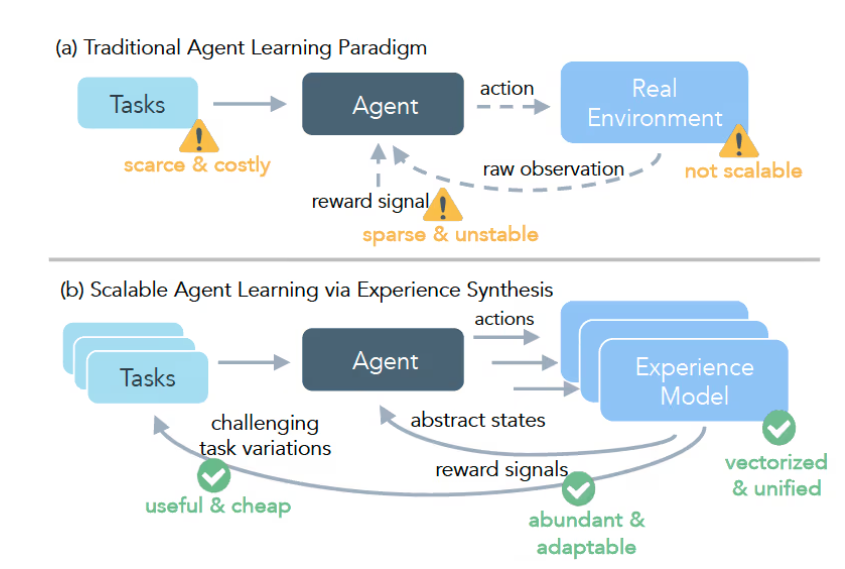In the hustle and bustle of the city, everyone yearns for an impromptu city walk, weaving through streets and alleys, exploring historical sites, and immersing themselves in local culture. However, planning a satisfying urban stroll is no easy feat; it involves gathering travel information, selecting points of interest (POIs), mapping out routes, and customizing experiences. Now, a new technology developed collaboratively by researchers from the University of Hong Kong, Shanghai Jiao Tong University, the Massachusetts Institute of Technology, and the Hong Kong Polytechnic University—ItiNera—is making this process simple and efficient.

ItiNera is an Open-domain Urban Itinerary Planning (OUIP) system that generates personalized itineraries directly from user requests described in natural language. Compared to traditional itinerary planning, ItiNera is not confined to specific domains and can meet users' personalized needs more meticulously.
The core of the ItiNera system lies in its combination of spatial optimization with Large Language Models (LLMs) to provide customized services. The system extracts and updates POI features through an LLM-based pipeline, creating a personalized POI database for the user. For each user request, ItiNera retrieves candidate POIs from the user's database using LLMs in conjunction with an embedding-based module, then ranks these POIs using a spatial optimization module, and finally crafts a personalized, spatially coherent itinerary with the help of LLMs.
Researchers have conducted extensive experiments on ItiNera across multiple datasets and conducted online subjective assessments. The results show that compared to existing LLM-based solutions, ItiNera can provide more responsive and spatially coherent itineraries. Additionally, after deployment on TuTu's online travel service, ItiNera has attracted thousands of users for its city travel planning services.
The application of ItiNera not only offers an efficient planning tool for city walks but also provides travelers with a new way to explore cities. It can generate personalized, detailed travel experiences based on users' specific needs and lifestyles, greatly enriching the urban exploration experiences of travelers.
The research findings of the ItiNera system have been made public, and the research team hopes that this system will inspire more research into using LLMs to solve complex urban issues. By being open-source, more researchers and developers can participate in the optimization and innovation of this technology.
Paper link: https://arxiv.org/pdf/2402.07204










